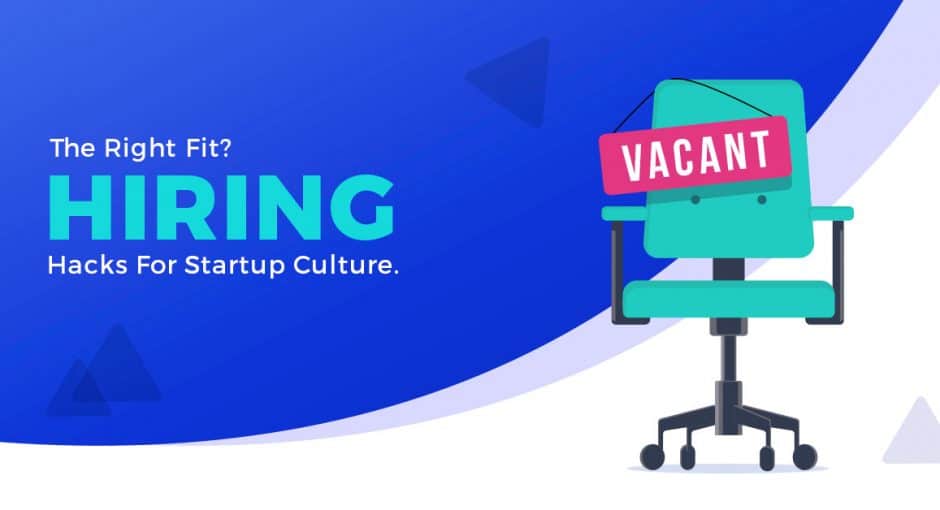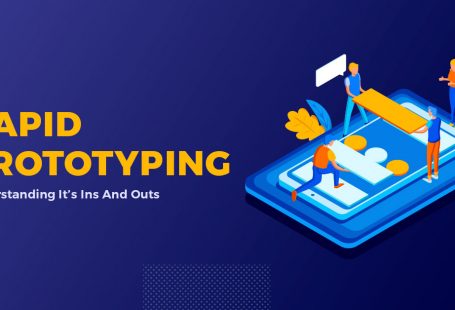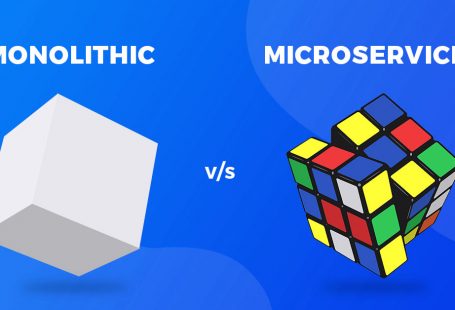There is a popular saying that “A Captain is as good as his team”. In other words, a company is as good as its hiring process. When you become the captain of an organization, people from all quarters join you.
You need to remain on the trajectory of growth with so many people on board, but at the same time, you can’t hamper an individual’s progress.
The Ideal Hiring Process?
The hiring process makes all the difference. When you see a candidate, you should ask to yourself – Can I talk to that person at a stretch on things besides work? Do I share some common beliefs with that person? When you combine these two aspects, you get a team which is honest and on the same page.
Startups or new players on the block are high on energy, and understandably so. This energy translates into an aggressive hiring process, to look for that ‘Best Fit’. With this aggressive approach and even with the best of intentions, entrepreneurs, founders, or recruiters end up ‘Force-Fitting’ candidates.
Nature balances itself though, and a ‘Forced-Fit’ is generally ‘Forced Out’ too, which is never a good sign for a healthy workspace.
Who Is An Organic Fit?
It is never easy to find people who are an organic-fit and yet maintain diversity at your workplace. You can’t circumvent diversity if you want to establish a cultural organization. A wider spectrum of talent, ability, and experience brings a wider set of problem-solving instincts on the platter and makes it easier to serve a global customer base. This is how your organization grows holistically.
An ‘Organic-Fit’ isn’t necessarily someone who functions just like you. He or she is someone who reinforces diversity and adds value to your culture.
You have to make your hiring process multi-dimensional and shouldn’t simply zero in on specific aspects like experience, enthusiasm, or education for that matter.
The smartest person in the room might be divisive or polarizing in nature. You don’t want to have someone who is politically or socially resistive to different opinions or way of life. So, it’s about weighing the cultural as well as the emotional quotient of the candidate, by asking him the right set of questions.
To weigh someone’s cultural quotient, you may ask some of the following questions to yourself:
- Are the candidates pretentious or they naturally align with your cultural values?
- What is their attitude towards professionalism?
- Are they myopic in their approach or do they actually understand your vision?
To assess candidates on the above value-system, you may ask the following questions to them:
- What are you passionate about?
- Why do you want to work for this company?
- What according to you is an ideal workplace?
These kinds of questions turn interviews into conversations and help you hire not just employees but personalities of which you are completely aware. So, it’s not just about the skillset, but you take a peek into their passions, beliefs, and aspirations. Then you just have to follow your gut and make a choice.
The next checkpoint is Emotional Quotient, which is all about a person’s self-awareness, and how much he or she understands and respects the emotional space of others. In a startup environment, it’s important to have people with high EQs. It’s a fast-paced environment and relies on strong relationships among team members.
Startups often have limited financial and human resources. So, how do you compete with those big players? It’s simple, by hiring a team which gels well and takes up tighter deadlines.
What makes a team gel?
It’s the EQ which makes people aware of their strengths and weaknesses. From the employees’ point of view, they understand their roles and know how to fit in. We get people who are not insecure and back to one another.
High EQ is the recipe for strong relationships, not just within a company but outside as well. Team members not only work cohesively as a unit but build trustworthy relationships with partners, customers, and even stakeholders as well. Customer trust is gained in the early stages itself, which results in faster feedback and product cycles, and promotes customer retention.
To weigh someone’s emotional quotient, you may ask the following questions to yourself:
- Is the person a good listener or not?
- How has been his past relationships like?
- Is the person a loner or does he thrive in a group?
To assess candidates on the above traits, you may ask the following questions to them:
- According to you, how do people perceive you?
- What is the best work relationship you have had?
- What kind of work environment do you like to create?
The hiring process needs to be a lot more layered. It must involve organic and informal conversations with the candidate. Avoid asking and not cliched questions like “Tell me your strengths and weaknesses”. Such questions warrant fabricated answers only. Such questions never bring out the behavioral traits of candidates or their reactions to an informal environment. Therefore, it becomes difficult to develop a holistic idea of a person.
Intellect is not overrated. It’s just that the other quotients are slightly underrated. Bring these elements into your hiring process, and there will a fair chance to create a well-knit environment in your organization.







